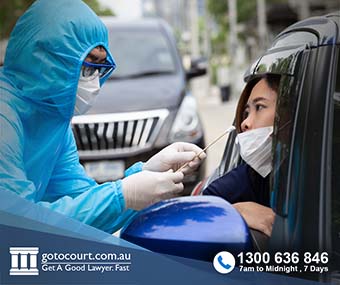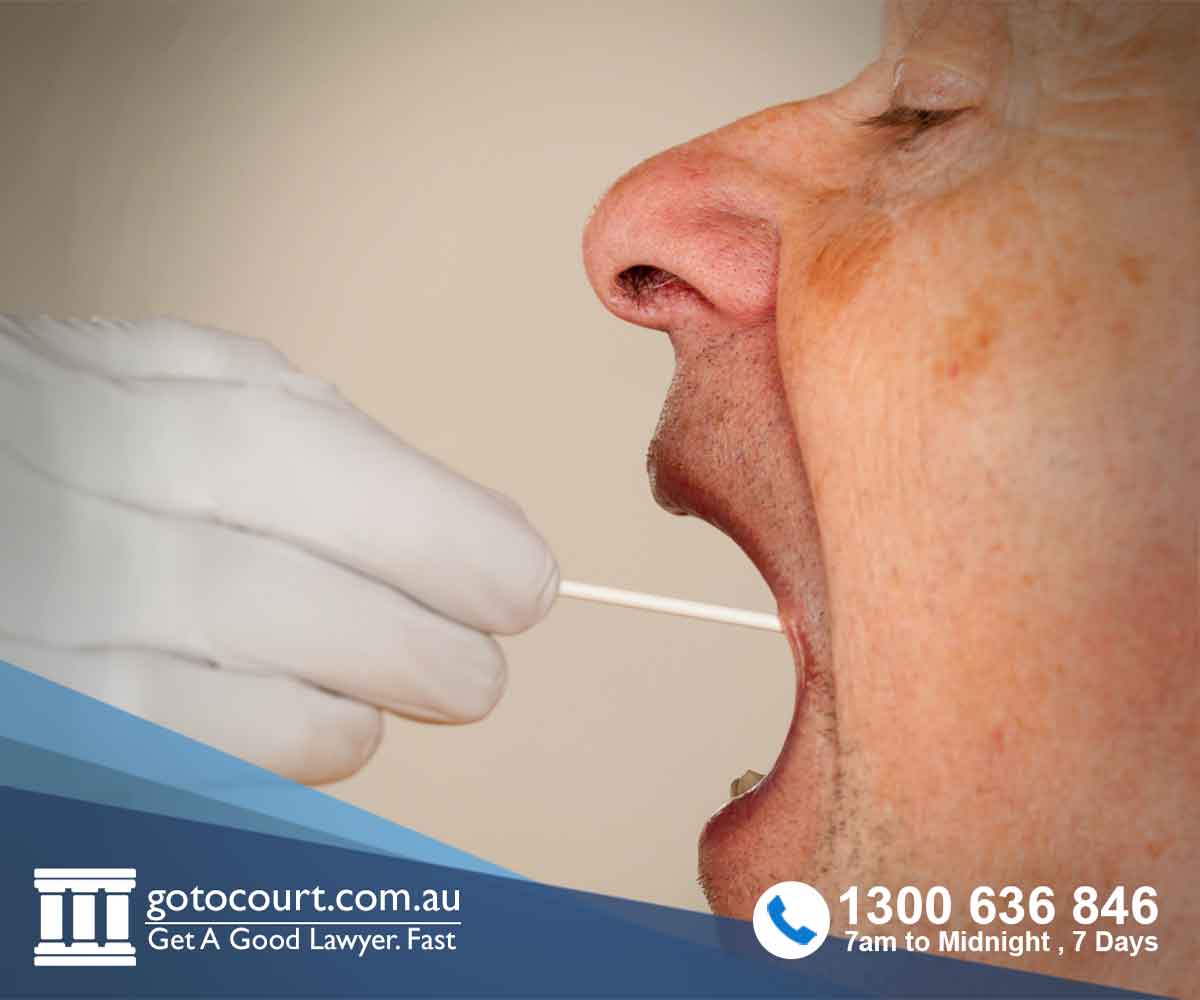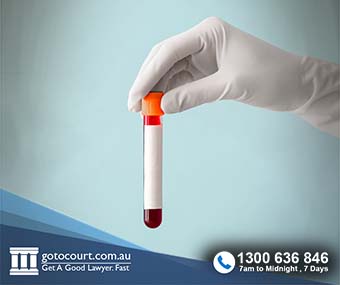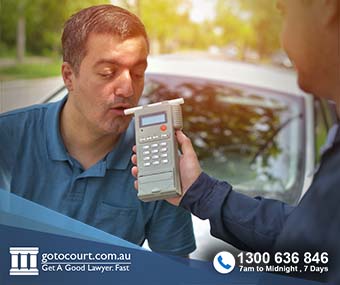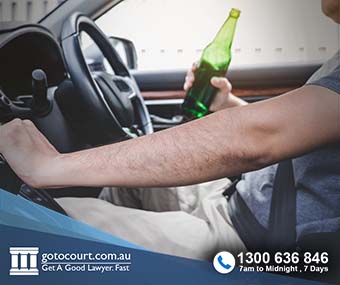Drink Driving Blood Tests in Western Australia
Drink Driving Blood Tests in Western Australia
In Western Australia, under the Road Traffic Act 1974, a police officer can require a driver in certain circumstances to give a sample of their blood to determine whether they have committed an offence by driving a motor vehicle with alcohol in their blood, or while under the influence of an illicit drug or whilst drug impaired. If the driver refuses to give a blood sample when required to do so, they may be committing an offence.
Testing for alcohol in the blood
A police officer may require you to undertake a breath analysis if the circumstances suggest that you have driven a motor vehicle under the influence of alcohol. For example, if you were stopped at a random breath testing station and a preliminary test suggested you had more than the prescribed concentration of alcohol in your blood, you might be asked to give a breath analysis test. You might also be asked to give a breath analysis test if you could not or refused to take part in a preliminary breath test, if you could not give a sufficient breath sample for preliminary testing, or if a police officer believes on reasonable grounds that you have committed a certain kind of offence (e.g. dangerous driving causing bodily harm).
If you cannot provide a sample for breath analysis because of a physical condition, you may be directed to allow a medical practitioner or a nurse to take a sample of your blood for analysis. You may also be required to give a sample of your blood if the breath analysis machine is not working. If the police officer reasonably believes you have committed a certain kind of offence and requires you to take a breath analysis, you may still be required to give a sample of your blood for analysis even if the breath analysis was negative. However, you can only be required to give a sample of your blood within 4 hours of the incident of driving giving rise to the police direction.
Testing for drugs in the blood
If you undergo a driver assessment and the assessment indicates you were drug impaired while driving a motor vehicle, or if you refused to undergo a driver assessment, a police officer may require you to give a sample of your blood for analysing whether you were drug impaired. However, such a sample cannot be required outside of the 4 hour period immediately after the period of driving giving rise to the requirement. If you cannot provide a sample for oral fluid analysis (which is undertaken to check whether you have an illicit drug in your system) because of your physical condition, a police officer may require a blood sample to be taken.
Procedure for taking blood sample
There are very prescriptive rules in the Road Traffic (Blood Sampling and Analysis) Regulations 1975 for how a sample of blood is to be taken. For example, there are specific rules for what sampling equipment must be used, including the requirement for a syringe to be sterile. The sampling equipment must be prepared by a technologist who will then complete a form certifying the equipment is sterile. The blood sample must then be taken by either a medical practitioner or a registered nurse, using only the sampling equipment. If the equipment’s package is not sealed or intact, they must not use it. If only one sample is taken, half of the sample must be given to the person giving the sample. If two samples are taken, one must be given to them. The person taking the sample and the person who analyses the blood must complete certificates that each of those steps have been taken. The method for analysing the blood is also prescribed by the regulations. The sample cannot be used to take a copy of your DNA.
Evidentiary value of the blood sample
If a blood sample shows you have a prescribed concentration of alcohol or a drug in your system, it can be used as evidence to demonstrate that fact. The form signed by the technologist, certifications by the medical practitioner or nurse who took the sample, and certifications from the analyst who analysed the blood (see above) can also be used as evidence the procedure for taking and testing a blood sample was complied with. If the sample was not analysed in accordance with the regulations described above, then it is not deemed to be your blood alcohol content at the time it was taken. If you are convicted of a DUI offence for alcohol, there are specific rules for calculating what the amount of alcohol was in your blood at the time the offence was committed, based on the time the blood sample was taken.
Refusing to give a blood sample
If you refuse to give a sample of your blood and there is no substantial reason why you did so, you will commit an offence. The penalty for the offence varies depending on whether it was a first offence.
If you require legal advice or representation in any legal matter, please contact Go To Court Lawyers.

Affordable Lawyers
Our Go To Court Lawyers will assist you in all areas of law. We specialise in providing legal advice urgently – at the time when you need it most. If you need a lawyer right now, today, we can help you – no matter where you are in Australia.How It Works




1. You speak directly to a lawyer
When you call the Go To Court Legal Hotline, you will be connected directly to a lawyer, every time.

2. Get your legal situation assessed
We determine the best way forward in your legal matter, free of charge. If you want to go ahead and book a face-to-face appointment, we will connect you with a specialist in your local area.

3. We arrange everything as needed
If you want to go ahead and book a fact-to-face appointment, we will connect you with a specialist in your local area no matter where you are and even at very short notice.





